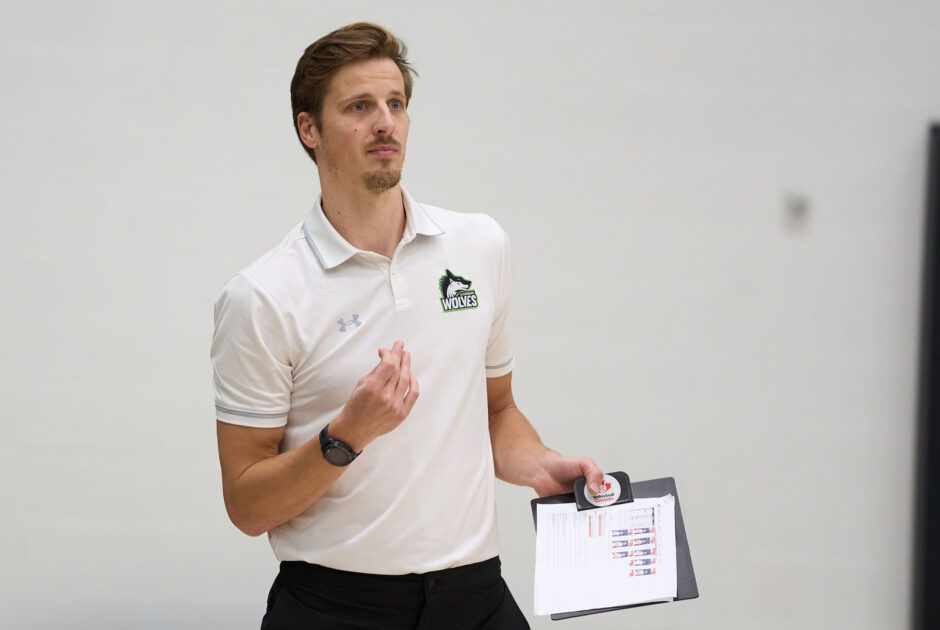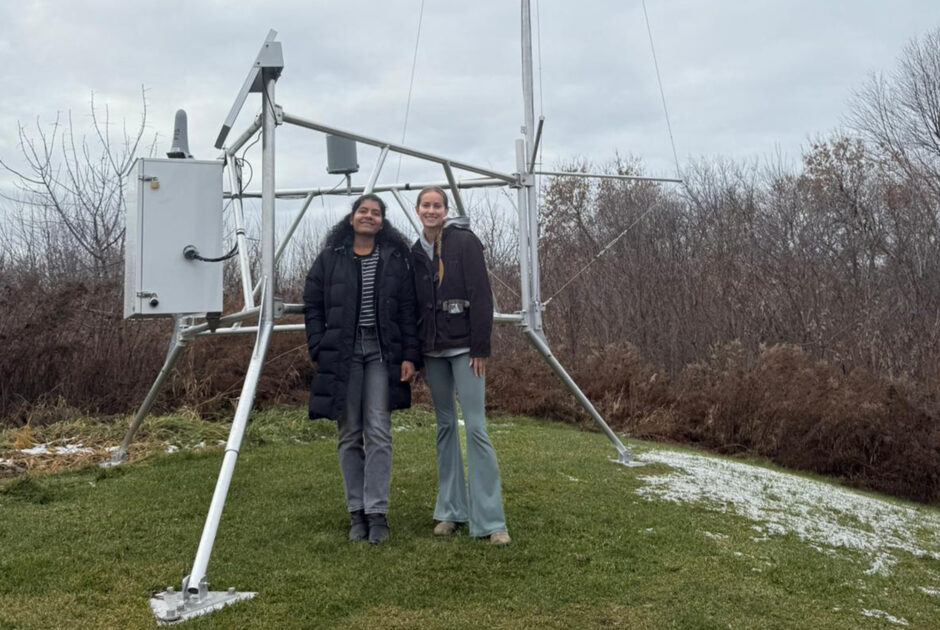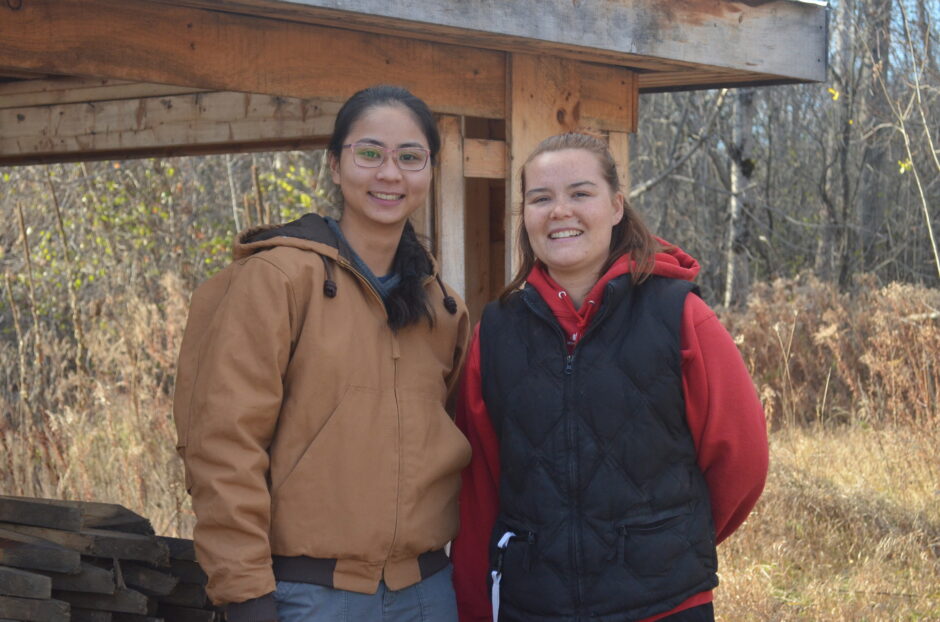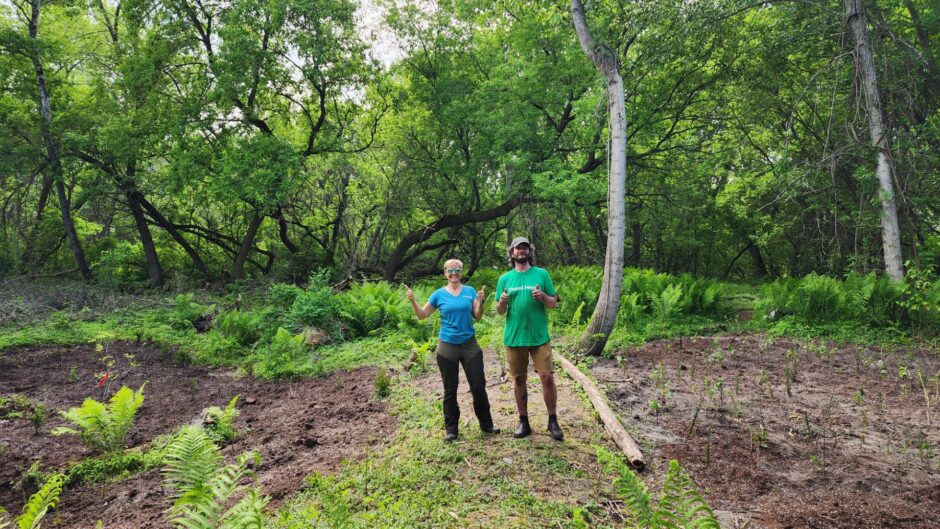International students face postgraduate work permit changes
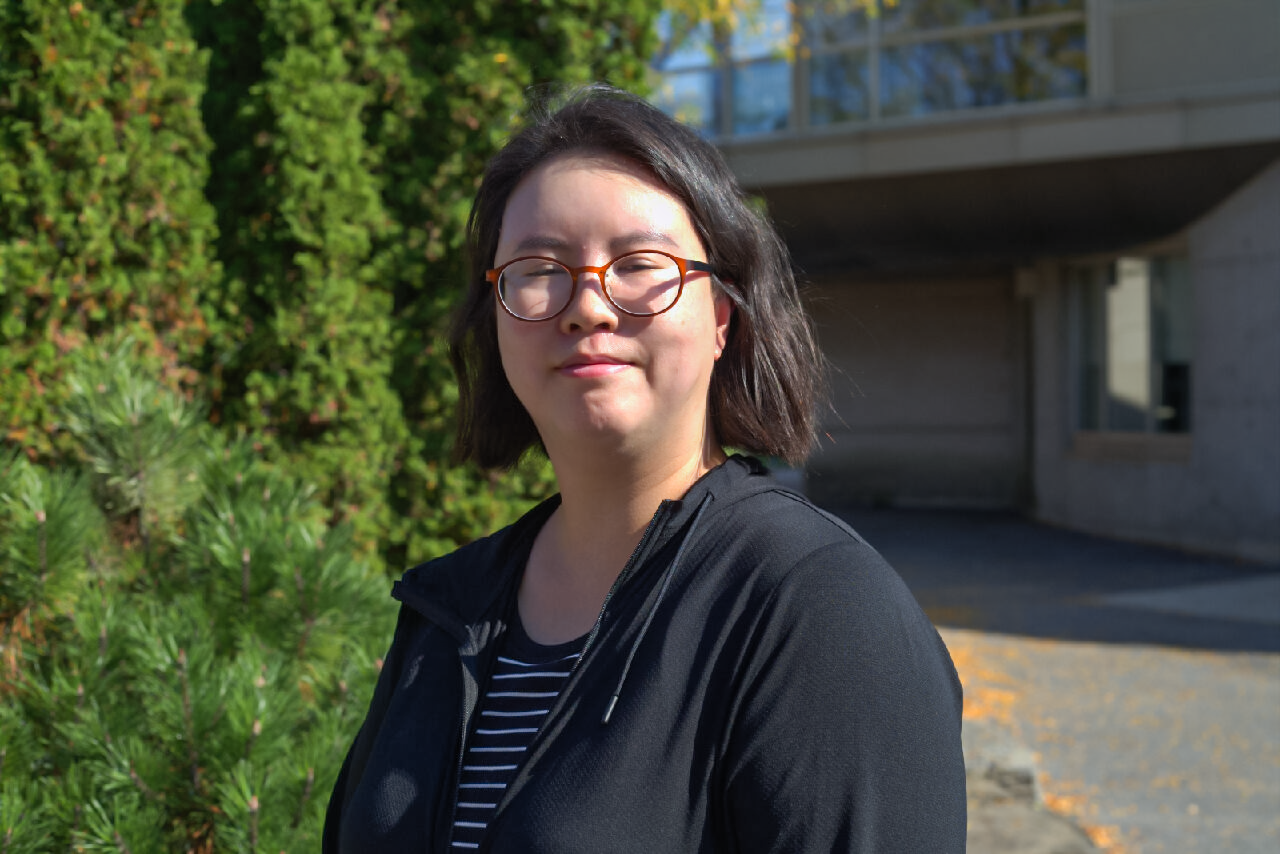
Significant new measures aimed at reducing the influx of temporary residents, particularly international students and foreign workers, were unveiled on Sept. 19 by Marc Miller, minister of Immigration, Refugees and Citizenship Canada.
Starting in November, new language proficiency requirements will be introduced for postgraduate work permit (PGWP) applicants. International student graduates from programs at public colleges will remain eligible for a PGWP of up to three years if they graduate from a field of study linked to occupations in long-term shortage, according to the IRCC.
Portia Yoojung Ra, a first-year student in the dental hygiene program at Algonquin College, was previously a student in the child and youth care program at Seneca College. This program change improved greatly Yoojung Ra’s chances of securing a PGWP.
“I feel like if I stayed in child and youth care, I probably would be facing the same problem as half of my friends back in Toronto,” said Yoojung Ra. “They are actually in a protest right now because they couldn’t get an extended visa or work permits right now because it’s not as needed a program as healthcare.”
Many international students across Canada have joined protests because they face possible deportation after graduating from their programs. Yoojung Ra said some students in Toronto have applied for refugee status as a last resort.
“I’m trying to stay in Canada,” said Yoojung Ra. “I can’t practise it (dental hygiene) back home because the language is different, the curriculum is different and the laws are different, especially when it comes to healthcare.”
Additionally, the number of graduates approved for a PGWP may be dependent on the unemployment rate at the time of application. This may be a cause for concern for some students, since they’ll only have 180 days post-graduation to apply for their permit, according to the IRCC. This potential change was announced earlier this year but has yet to be made official.
Betsy Kane, a lawyer who specializes in immigration, often sees students at her office on 360 Ravenhill Ave. near Algonquin College. She said there’s been a noticeable increase in international students reaching out for legal advice.
“There’s been an increase yes, and many unscrupulous actors are taking advantage of these vulnerable students,” said Kane. “Trying to sell them dreams for high process. Lots of scams being offered on WhatsApp, TikTok, community chat boards, etc.”
Kane said students should only work with the International Education Centre representatives at Algonquin College and professionals with a verifiable reputation when looking for legal advice or assistance.
“We are currently reviewing the changes,” said Ernest Mulvey, director of the IEC. “Please rest assured that we have ongoing communication with new and current international students at Algonquin College and once we have reviewed the changes, we will provide updates directly to them.”
Yoojung Ra said she hopes the IEC will review changes to policy relating to international students in order to better assist students in a time of crisis.
“They need to expand the information they already have and update (students),” Yoojung Ra said. “I know what they’re doing with international students is already helpful, but they really need to update it.”





